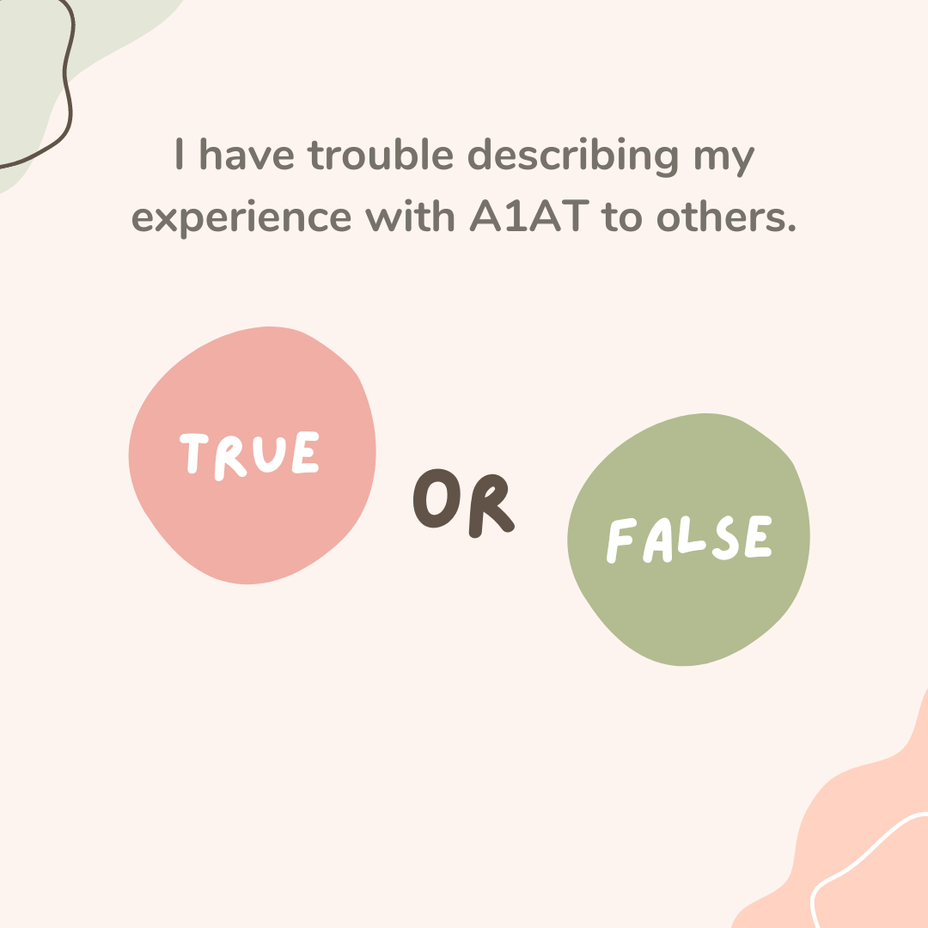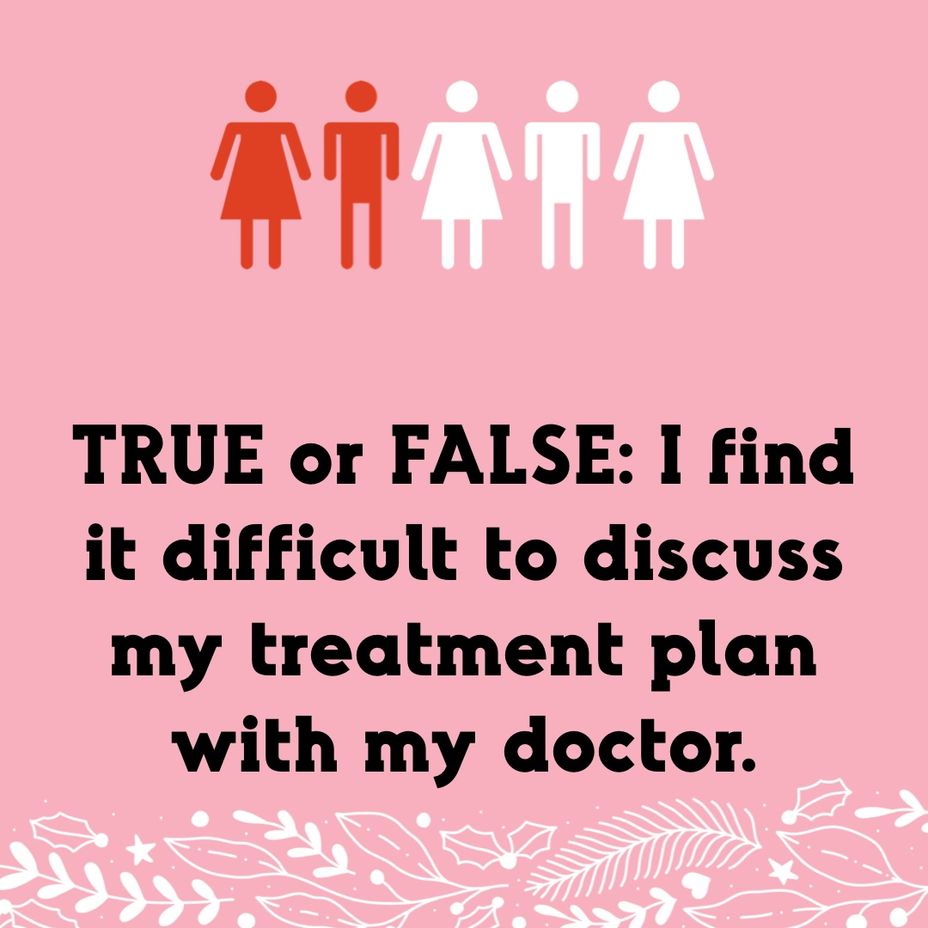Now#todaynot tomorrow#sleepsoon #New #CPTSD #priceoftruth
I haven't slept yet and I have https://deadlines.I tried all the tricks but nothing, again. Time and that https://sucks.I have less than two weeks to empty the https://studio.It is clear how eager he was to put me there, but help me remove myself, no he cannot be https://bothered.He is mean and unpredictable now.it is the scariest thing when a man's mask falls https://off.I watched it happen to his for two months now.Mine, gone years ago to a https://break.For him to be carrying it for that long,this past four years, purposefully, in order to get revenge on me.
I have brain damage and he chose to mess with me https://psychologically.That is another level of hurting https://someone.He wants to blackmail me for an emotional https://affair.I do see the shame he carries as a man, then and hotw I broke https://trust.I told him ,cried, asked, pleaded for https://intimacy.He withheld it, for seven https://years.He had to be drunk.So, why, ever be with me to begin https://with.And who made Him Judge and Jury? I had three head injuries within four years.no impulse control, scared to death, angry, alone and hypo,everything.He was happy to be rid, of https://me.And now, he is Only mad,because He expected me to walk away, ashamed and not fight for what's rightfully https://mine.He hates me,has been slowly showing me,day by day, how he feels about me and my https://son.We owe https://him.We are squatters and it is His https://house.His friends,are not ours,they are his.He, isolated me,I know why now,but it changed me and not for the https://better.He will never acknowledge what, His revenge,has done to https://me.I am being hinted to,, that his Mother, is backing him financially.I,am,being told to take the agreed amount and go https://quietly.Or they will expose me.
I have noone and have already lost everything,if it makes him feel heard, to hurt me more,still,after wasting my entire life,then he https://can.I have nothing but my truth and I spent years,telling him exactly what would https://happen.He wanted it https://to.He needs a maid, a roommate and a https://mother.Not a partner, spouse or https://equal.I was never included on Any decisions https://financially.He was going to eat, drink and wallow instead of being honest with himself. I worked and contributed the entire marriage until I got sick...It never was enough, I was never enough in income for him and he let me know. And his so called friends.They, buy him liquor and https://cigars.For a Diabetic, a man with fatty liver disease who is a functional seasonal https://drinker.Great friends.
#







